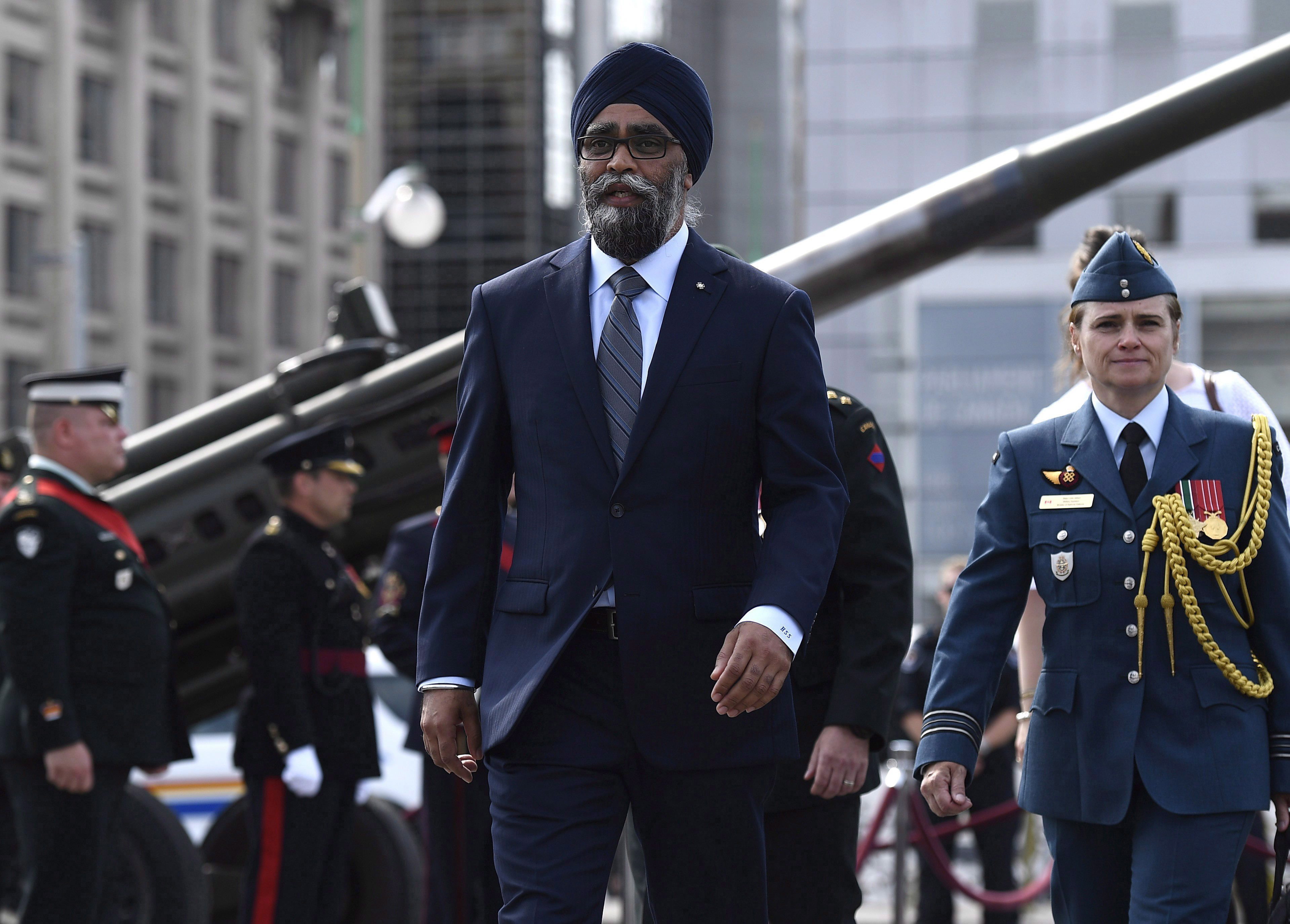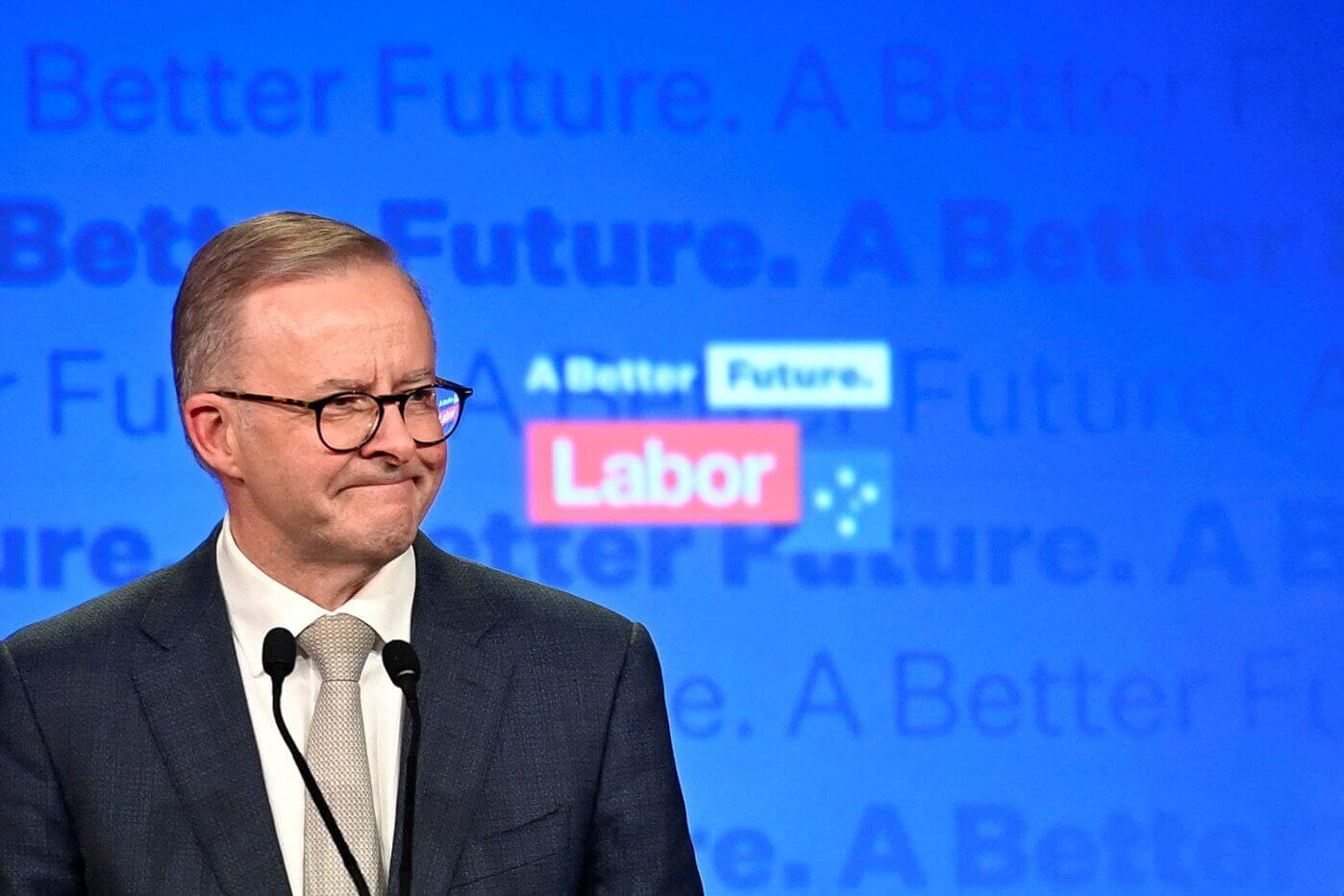South Asia
In the aftermath of the deadly earthquake in Afghanistan, India has dispatched a technical team to oversee the delivery of humanitarian assistance and meet with senior Taliban officials. The delegation also conducted an ‘assessment’ of the security situation in the country. Over 1,000 people have been killed by the 6.1 magnitude earthquake, with the death toll expected to rise further as rescue efforts continue. [Indian Ministry of External Affairs]
At a review meeting of the National Coordination Committee on foreign-funded projects, Pakistan’s Ministry of Economic Affairs remarked that 43% of foreign-funded projects, which account for $15 billion of the total value of $34.8 billion for these projects, are “problematic.” In particular, it took aim at federal energy projects, with one unnamed official pointing to 17% losses in the power sector and 10-17% losses in the gas sector. [Dawn]
Central Asia and the Caucasus
Russian Foreign Ministry spokesperson Maria Zakharova said on Thursday that Russia will not put pressure on Kazakhstan to recognise the independence of Ukraine’s breakaway regions of the Luhansk People’s Republic (LPR) and the Donetsk People’s Republic (DPR). “Our approaches may differ, but unlike Western regimes that do not tolerate dissent, despite their alleged commitment to democracy and pluralism, we respect our partners,” she added. Her remarks came a day after Kazakh President Kassym-Jomart Tokayev called LPR and DPR “quasi state regimes” and said Kazakhstan has no intention of recognising them as independent states. [Fergana News]
Azerbaijani President Ilham Aliyev received Russian Foreign Minister Sergey Lavrov in Baku on Thursday. The pair discussed the ongoing normalisation talks between Azerbaijan and Armenia, and Russia’s role in facilitating dialogue. [Azertac]
East and Southeast Asia
North Korean Supreme Leader Kim Jong-un decided at the Central Military Commission meeting of the ruling Workers’ Party this week to “supplement the operation duties” of frontline soldiers with an “important military action plan” that “provides a military guarantee for further strengthening the country'’s war deterrent.” State-owned media outlet KCNA said it is vital to “consolidate in every way the powerful self-defence capabilities for overwhelming any hostile forces.” [KCNA Watch]
Chinese foreign ministry spokesperson Wang Wenbin said the United States’ (US) democracy has “reached record lows both domestically and internationally.” He once again accused the US of promoting Cold War ideology through ‘values-based alliance groups’ such as AUKUS, the Quad, and Five Eyes. He noted that trust in American politicians is waning even within its own borders. [Chinese Ministry of Foreign Affairs]
Europe
The United Kingdom’s Health Security Agency (HSA) has declared a ‘national incident’ after traces of the polio virus were discovered during a routine sewage inspection in London. Health officials have reassured the public that the risk of community spread is “extremely low.” An epidemiologist at the HSA urged citizens to get vaccinated against polio if they are not already, saying, “Vaccine-derived poliovirus has the potential to spread, particularly in communities where vaccine uptake is lower. On rare occasions it can cause paralysis in people who are not fully vaccinated.” [Sky News]
German Minister of Economic Affairs and Climate Action Robert Habeck revealed that the country is now at the second alert level of its emergency gas plan, as it is forced to ration gas as supplies from Russia begin to diminish. He noted that the “situation is tense” and that the country is “in the midst of a gas crisis.” He warned, “The whole market is in danger of collapsing at some point.” [Fortune]
Latin America and the Caribbean
In his address to the United Nations on Thursday, Argentine Foreign Minister Santiago Cafiero reaffirmed his country’s sovereign rights over the Malvinas (which the United Kingdom refers to as the Falkland Islands), South Georgia, and the South Sandwich Islands. He lambasted the United Kingdom’s (UK) continued violations of Argentina’s territorial integrity and its refusal to resolve the issues through bilateral negotiations, stating that for the British, the Malvinas issue is rooted in “domination, speculation, and opportunism. For us, it is sovereignty, justice, and pain for those who fell in the war.” He added that Argentina has reiterated this stand over the last 189 years, while condemning the UK for colonising the islands in 1833 by “an act of force.” [Telesur]
On Thursday, Venezuelan President Nicolás Maduro expressed his solidarity with the people of Afghanistan after a devastating 6.1 magnitude earthquake on Wednesday killed at least 1,000 people, with the death toll expected to rise further. In a tweet, Maduro said “My condolences for the human losses. We pray for the health of the wounded. Our hug and support!” [Venezuelan Ministry of External Affairs]

Middle East and North Africa (MENA)
According to the World Food Programme (WFP), “hunger is tightening its grip on more than 20 million people in Ethiopia” through a combination of conflict in Tigray, extreme climate events like drought in the south, and dwindling food and nutrition resources. The WFP warned that the country is facing a “severe lack of funding to its operations,” and warned that this has already resulted in a malnutrition crisis. It also noted that the “ripple effect of the war in Ukraine is set to exacerbate the food security crisis” in the North African country. [World Food Programme]
Turkish Foreign Minister Mevlüt Çavuşoğlu received his Israeli counterpart Yair Lapid in Ankara on Thursday amid several attempts by Iranian agents to kidnap Israeli tourists in Turkey. “In recent weeks, the lives of Israeli citizens have been saved thanks to security and diplomatic cooperation between Israel and Turkey,” Lapid said, noting that Turkish security forces foiled a fresh attempt by Iran on Thursday. “No country should tolerate terror on its soil. We are confident that Turkey knows how to respond to the Iranians on this matter,” he remarked. [Israel Ministry of Foreign Affairs]
North America
The United States’ Senate passed a bipartisan gun safety package that: includes $15 billion in funding for mental health and school security services; allows states to remove weapons from individuals who are deemed “red flags;” and expands background checks on gun purchasers who are 21 and younger. Biden and his Democratic party were pushing for even more expansive reforms that the Republicans did not agree to, such as an assault weapons ban and restricting gun sales to people under the age of 21. The package is expected to pass in the House of Representatives. [USA Today]
Canadian Minister of International Development Harjit Sajjan will attend a ministerial conference on global food security in Berlin today, while Minister of Agriculture and Agri-Food Marie-Claude Bibeau will attend virtually. A press release by Global Affairs Canada said the pair will “reiterate Canada’s engagement in the current global food security crisis, made worse by Vladimir Putin’s unjustifiable war in Ukraine.” [Global Affairs Canada]
Oceania
Ahead of his trip to Europe that begins on Sunday, during which he will attend the NATO Leaders’ Summit in Madrid and then meet with French President Emmanuel Macron in Paris, Australian Prime Minister Anthony Albanese said he will attempt to “reset” ties with France after the AUKUS fallout under his predecessor Scott Morrison. He described France as a “key power” both in Europe and in the Pacific, noting that it plays a critical intelligence role. [Australian Prime Minister]
Australian Prime Minister Anthony Albanese said yesterday that he plans to “put the brakes” on several aspects of government spending, with the country’s budget deficit expected to surpass $180 million by 2025. [The Sydney Morning Herald]
Sub-Saharan Africa
At the European Union-Africa Business Summit in Brussels on Thursday, participants discussed the formation of a new partnership that ensures sustainable food security in Africa, which has been severely impacted by supply disruptions to grain and fertiliser exports from Russia and Ukraine. Solomon Quaynor, the vice president of African Development Bank, said that an agreement will soon be finalised with European commercial banks to “ensure that the fertiliser and seeds that are needed on an emergency basis do get delivered to Africa.” He also called for greater private sector investment in agriculture. [Africa News]
The Commonwealth Heads of Government Meeting is scheduled to begin in Kigali today, wherein the 54 participating nations discuss a host of issues, including tensions between Rwanda and the Democratic Republic of Congo, trade, presidential elections in Kenya, and the need to collectively tackle climate change. Commonwealth leaders are also expected to finalise and adopt the “Living Lands Charter” later this week as a plan of action on addressing climate change, land degradation, and biodiversity loss, the successful implementation of which is expected to “protect and manage a quarter of the world’s landmass.” [Al Jazeera, Associated Press]

